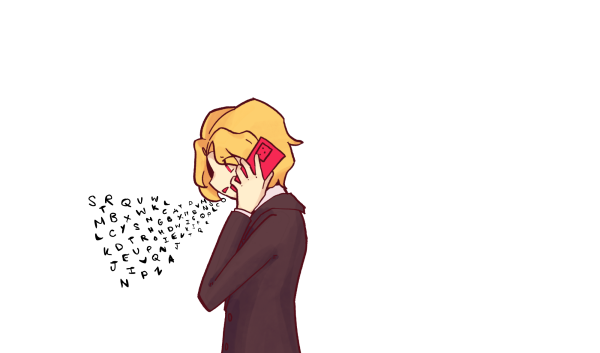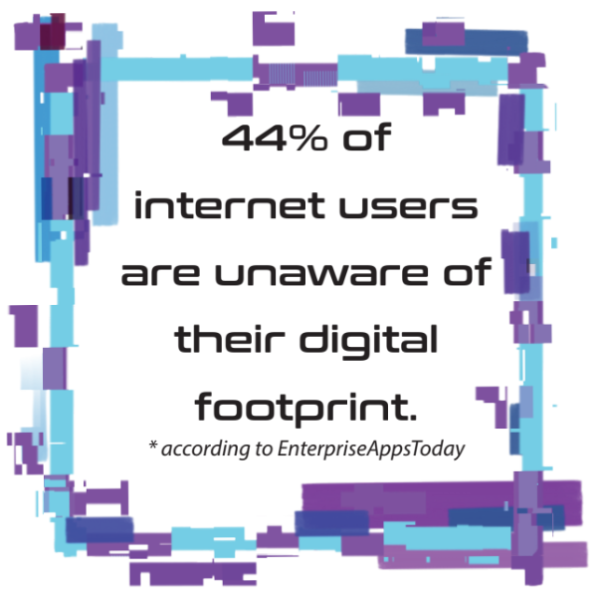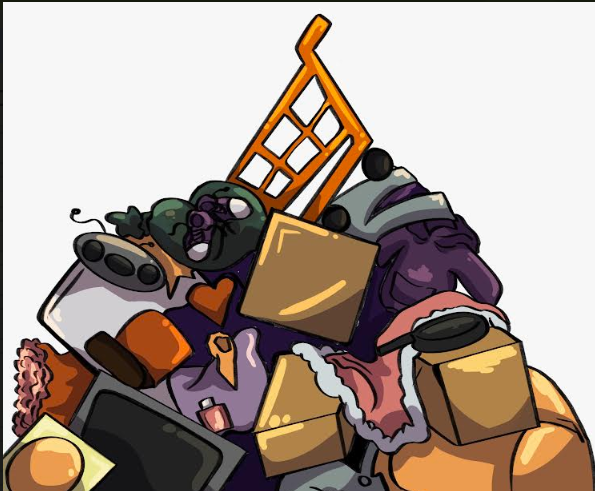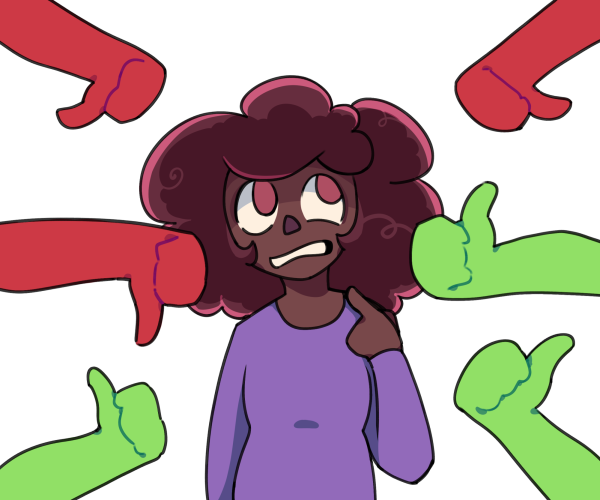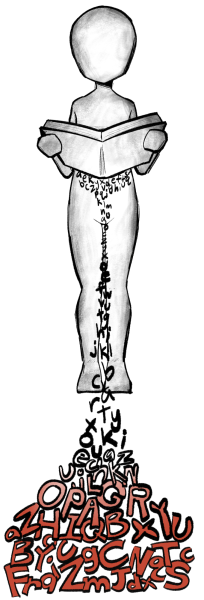‘I love you’ deserves honesty, maturity before making declaration
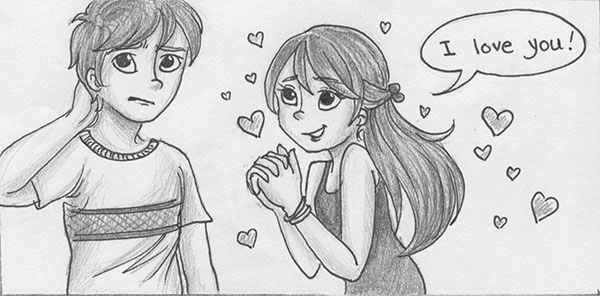
Illustration by Jini John
March 11, 2016
“Babe, I love you so much!”
“Yeah, babe, me too. I’ll love you forever and we’ll never break up.”
Two months later, they break up.
Okay, so this is an exaggeration of what I perceive as a “young love” scenario, but I’ve seen so many versions of this kind of encounter that it’s not entirely far-off. Whether you’re an adult, teenager, preteen, baby, you all have most likely witnessed or experienced a few naïve “I love you”s in the past.
Personally, saying “I love you”—or even “I like you”—to a significant other or potential love interest can be extremely difficult and uncomfortable in the initial stages of a relationship.
Do you know what I said when someone has said either to me in the first months—or, in one case, first few hours—I was involved with them?
“Thank you.”
At these moments, I had always wanted to tear my mouth off my face and lock it in my heart so I could forever escape the way-too-early professions of love. It’s cringeworthy that I say this, I know, but what am I supposed to say? Do I reciprocate their words even though I’m not sure of my feelings for them yet, and even though I feel uncomfortable enough of the prospect that they want me to say it to them back?
From personal experience, I know many people who have been in a similar situation as mine. Some felt pressured to say it back, which is a vital danger to one’s relationship because you don’t want to pressure your partner to do anything, including fake their love.
However, they said the words, later admitted they didn’t even believe in it, but are still in said relationship. I never can wrap my mind around the idea of starting relationship with a false sense of what kind of feelings you’re getting into.
One of the reasons that I personally feel uncomfortable with saying “I love you” romantically is that I think I’m just a kid. I’m only in high school; is it possible for me to know what love is yet?
Sure, I say “I love you” to friends or acquaintances as a joke and sometimes as an expression of admiration. Due to this habit, I’ve always had the perception that kids throw around the L-word too easily, thus thinking that romantic “I love yous” mean nothing.
In fact, I’ve seen students who vow that they are “the one” for them but end up dating someone else right after, and I’ve always found that to be ridiculous and incredibly uncomfortable.
I don’t mean to say that I don’t believe students can’t be in love. I know students that have been dating for a year, or even their entire high school career, who can share something as incredibly precious as a romantic understanding of each other.
Still, do I think young adults have a tendency to not know how or when to say “I love you”? Yes. Do I think they can be a bit naïve about who they claim to love because they say it too fast? 100 percent.
In a unscientific Oracle survey of 208 students, 110 have been in a relationship at some point. Of those 110, 16 expressed doubt that it was or admitted they thought it wasn’t an appropriate time to say “I love you”.
Meanwhile, 55 said that they didn’t regret it. However, 44 are currently still in a relationship, most likely with the same person to whom they’ve said “I love you” .
But enough from a kid’s perspective of love. Another Oracle survey collected responses from teachers on their thoughts about high school students who believe they’re in love.
One teacher said he believes high school students are too young to be in love because their brain development isn’t fully developed, thus “not advanced enough” and “just beginning to be able to think abstractly”. Also, he partially credits this inability to students’ inexperience. Therefore, he believes the age range from 25 to 27 when “brain development is nearly complete” and “you’ve had some relationships”.
On the other hand, another teacher responded that she believes students can be in love and are not too young; she believes it’s appropriate to properly recognize romantic love for another around high school.
This teacher said, “I think high school students are definitely old enough to experience strong romantic feelings for someone else and maintain a relationship [with] that person… Sometimes, high school relationships are immature, but I do think they are the type of love that is possible for people at that age.”
A common theme that arose when people were asked whether students can be in love is that it depends on the maturity of the couple. We students have been stereotyped, by others and ourselves: all young people don’t know what love is and are too rash because we’re immature.
However, we can’t all be boxed into such a rigid and seemingly conclusive result. Although teenagers are typically immature in their knowledge of a lot of things when it comes to love, let’s get rid of the preconception that we are downright wrong in our feelings.
Thus, it is a necessity that we teenagers evaluate our words before popping them out of our mouths.
As one teacher declared in the survey of when it is the appropriate age to say “I love you”, “Whenever someone is in control of their emotions—not controlled by them.”
I still consider that if someone says “I love you” when it’s too early, it’s a huge red flag for the relationship. It shows a level of immaturity, and it’s definitely bound for Rome—you’re destined for a downfall. Goodness, look at Ted Mosby from How I Met Your Mother, for instance. He said “I love you” to Robin right after the first date, didn’t spend a lifetime of love with her after dating and breaking up and, when the series finale closed with them as a couple again, everyone thought it was a godforsaken atrocity of an ending.
Love who you want to love. I am in no way saying you can’t. However, recognize that we are still young, so when you finally acknowledge the heartbeat quickening with the thought of your significant other and the rising anticipation of their smile before you see them as love, take a moment to yourself first before announcing it carelessly.
Don’t worry if you think you don’t love someone or love him or her yet, but make sure you don’t feel pressured to say it back when they say it to you. Believe me, I know how awkward it is, but let your feelings develop first. Your partner should be able to understand you’re not ready to say it yet and would probably desire the authenticity of the words. If they don’t, they don’t deserve you.
When you find the one, “I love you” is going to be one of the most savory sentences you’ll taste in your lifetime. But before you say them, for the love of the universe, please. Wait. And. Double. Check. Your. Feelings.







